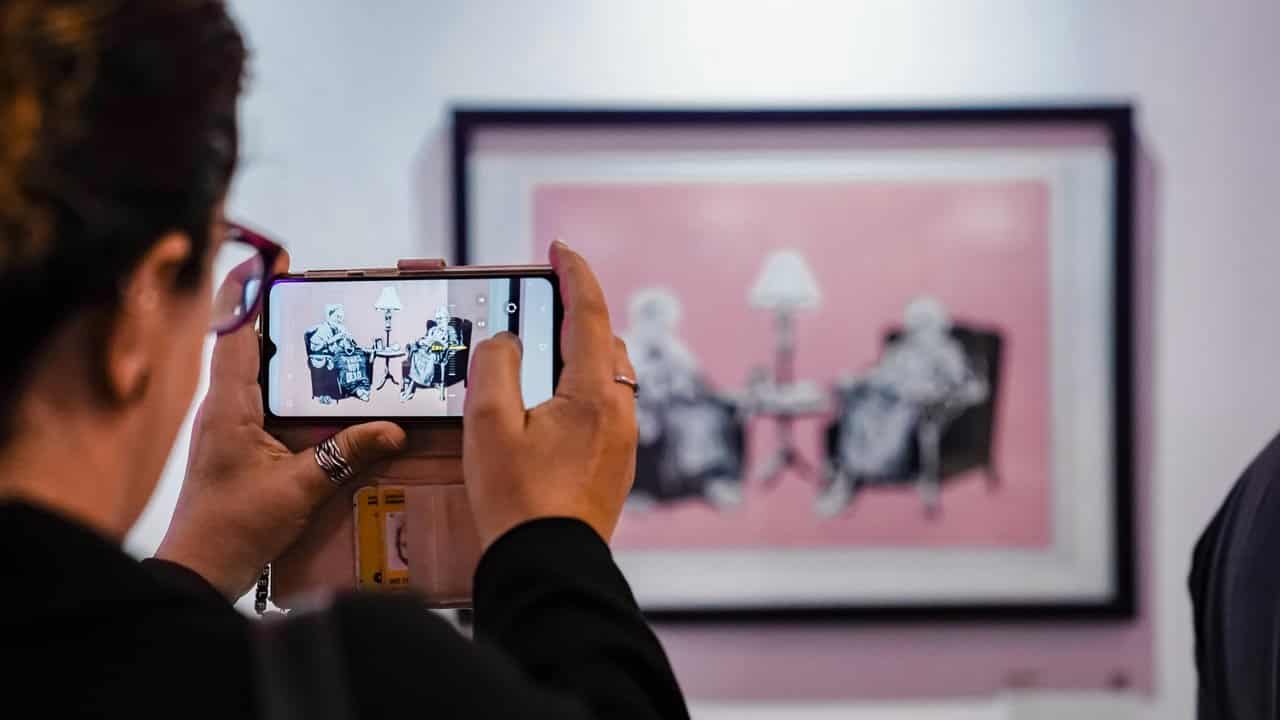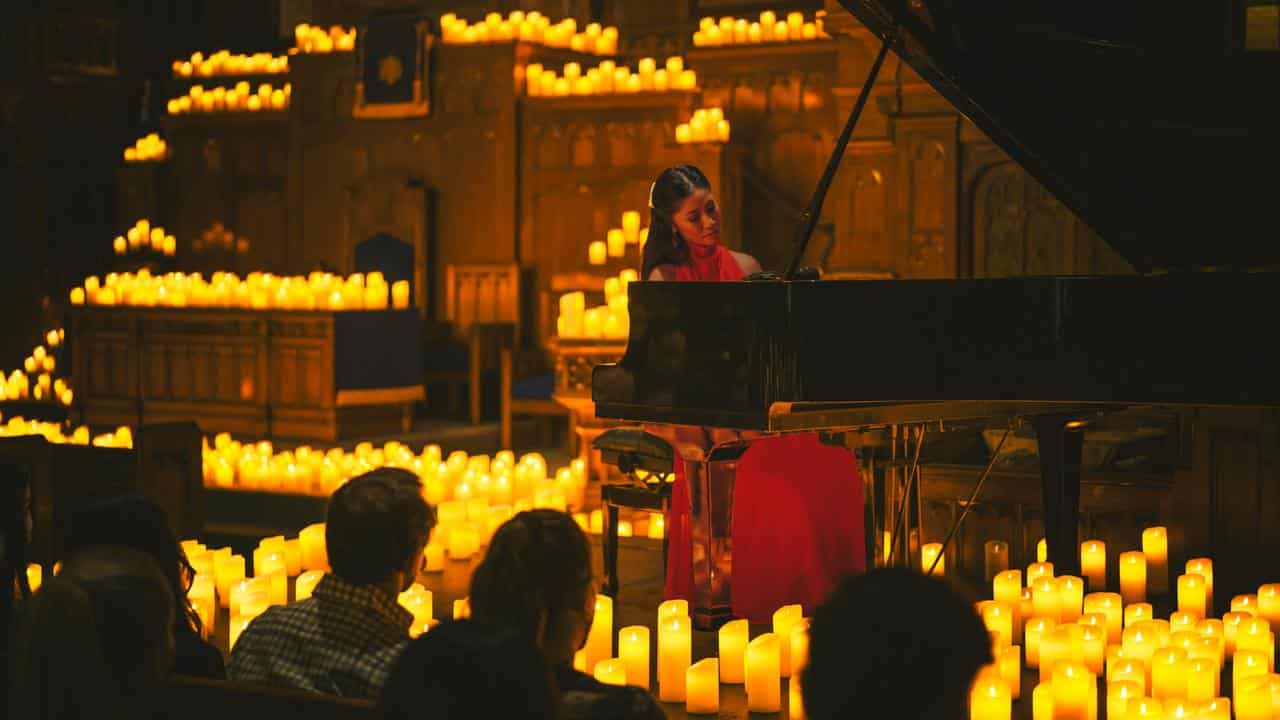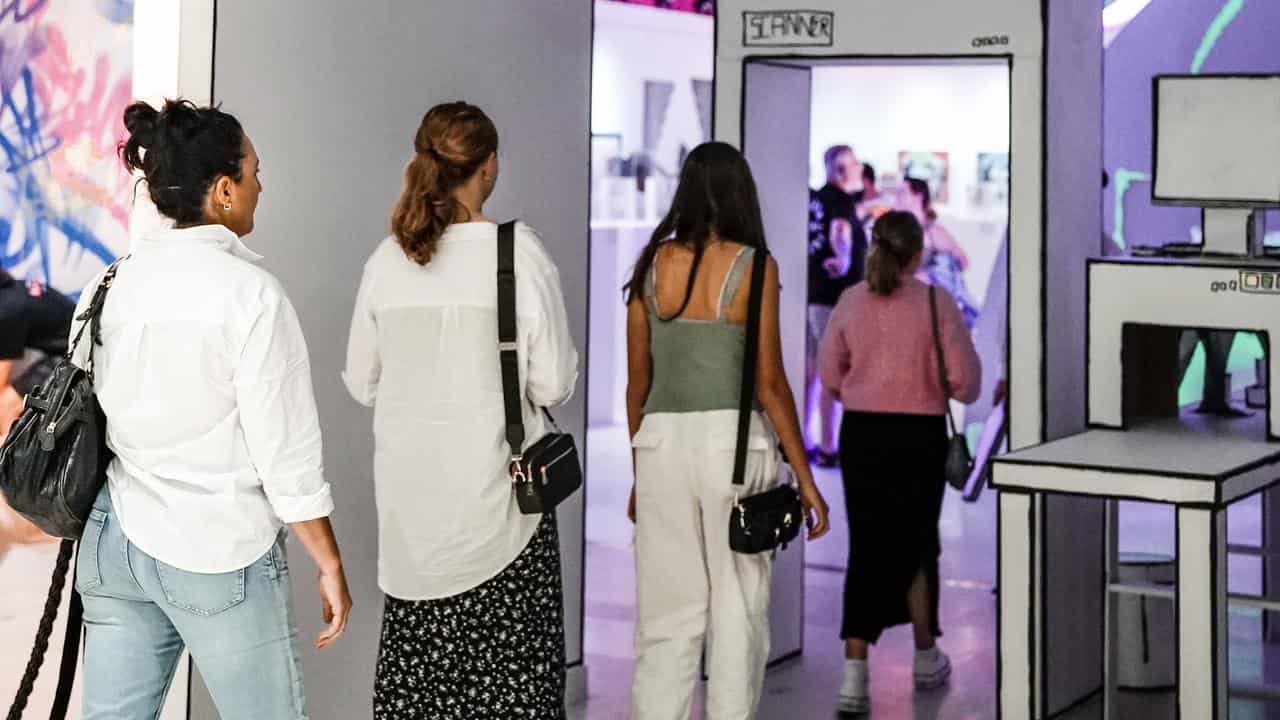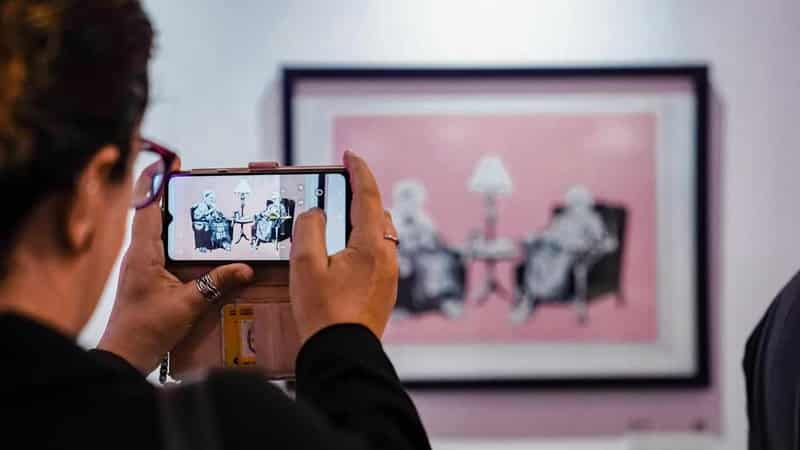
Live entertainment company Fever has poured hundreds of millions of dollars into the notion big data can help decide what to do on date night.
Like much of what its platform offers, the application of data to leisure time is not a new idea (one of its event partners, Netflix, got there years earlier).
Fever applies the concept to "off-the-couch entertainment" - what used to be called going out.
With a mission of democratising access to entertainment, Fever's app and website offer an entertainment menu for hundreds of cities worldwide, leading with a list of top 10 events tailored to its users' preferences.
"It's meant to excite, engage and give you options as to what you would like to get off your couch and do in your city," Fever's general manager for Australia and New Zealand Sean Morris said.
"It looks very much like Instagram and Netflix had a technological child."
Fever spotted a gap in the market for live entertainment, where tech could reduce investment risk and generate value for producers and consumers, Morris said.
It's big business globally - in 2022 a $227 million capital raising led by Goldman Sachs had the company valued at more than a $1 billion.
Worldwide, Fever's revenue grew tenfold between 2019 and 2022, as performing arts scenes collapsed during the pandemic.

The company is perhaps best known for its $30 "Fever Original" candlelight concerts, in which music from Tchaikovsky to Linkin Park is played by classical musicians, surrounded by the flickering lights of battery-operated candles.
At these 65-minute events people can relax and take pictures to post online, according to Morris, who said the average audience age is decades younger than for those attending concert halls.
"It creates this incredibly accessible gateway to high culture and art," he said.
So if it's accessible, does it matter if many of Fever's events are not local, original or authentic?
While it lists local attractions such as Melbourne's Puffing Billy steam train, many of the options Fever promotes are based on global intellectual property such as Bridgerton and Jurassic Park.
Events like these are run independently, with Fever providing the technology to access worldwide markets.
One of Fever's latest offerings is The Art of Banksy: Without Limits, where less than half of the 180 artworks on show are genuine and the exhibition has not been approved by the artist.
"Please do not use Banksy’s images for any commercial purpose, including launching a range of merchandise or tricking people into thinking something is made or endorsed by the artist when it isn’t," the artist's website states.
Seen by almost two million fans globally, the $40 show has toured Brisbane, Adelaide and Sydney and will soon open in Melbourne.
Banksy's anonymity makes endorsement impossible, says Morris, explaining the authenticated works are owned by Kemal Gurkaynak from Muse Marketing and Entertainment.
It's Gurkaynak who is responsible for the exhibition's content, Morris said.
The Turkish businessman has not responded to a request for comment.
Attractions such as the Banksy exhibition are packaged into kits of 10 to 20 shipping containers that are dispatched across the world, directed by Fever's audience data.

But it's the vertical integration Fever represents - the takeover of several key parts of the entertainment supply chain - Griffith University academic Ben Green believes is a problem for an events sector dominated by major international companies.
A listings company staging its own events means potentially unhelpful market concentration, Dr Green said.
But Fever's global content may not necessarily be competing with the work of local artists and performers, according to Dr Green.
"I don't see it as a zero-sum competition, but growing the overall pie by cultivating audiences for the arts," he said.
The company cultivates audiences by inviting social media users with 3000-plus followers to post content in exchange for tickets and other perks.
Many Fever events garner five-star reviews, but there are tales from frustrated punters chasing refunds, or complaints about last-minute cancellations.
Morris acknowledges events can be delayed because shipping its event kits is subject to factors outside the producer's control.
Fever's ecosystem also includes the Secret Media Network, a group of purportedly independent city-specific "what's on" websites, of which Morris is also the local manager.
Knowing what people like in different cities is a powerful tool, he said, so these sites are a "rich source of local, hyper-relevant data".
Yet for all its wealth of data, it appears at times that Fever can't read the room.
Harry Potter: A Forbidden Forest Experience, was to be staged at a sanctuary on Victoria's Mornington Peninsula earlier in 2024, but raised the ire of locals concerned about wildlife and had to be relocated to a dog park.
Its upcoming Melbourne event Alcotraz Penitentiary, "the world's first immersive, prison-themed cocktail bar", where visitors don orange jumpsuits, has drawn anger from a women prisoners' advocacy group.
Alcotraz allows privileged patrons to cosplay as prisoners, according to the National Network of Incarcerated and Formerly Incarcerated Women and Girls.
"Alcotraz’s attempt to turn incarceration into a form of entertainment is a gross minimisation of the suffering endured by people who have been criminalised," the network's Debbie Kilroy said.
Alcotraz was set to admit its first Melbourne patrons within days, but the opening has been delayed until the end of June.
The event does not yet have a liquor license.
Patrons could bring their own alcohol so a license was "nice to have" but not a requirement, Fever said.
The UK company behind the concept, Inventive Productions, was contacted for comment.









